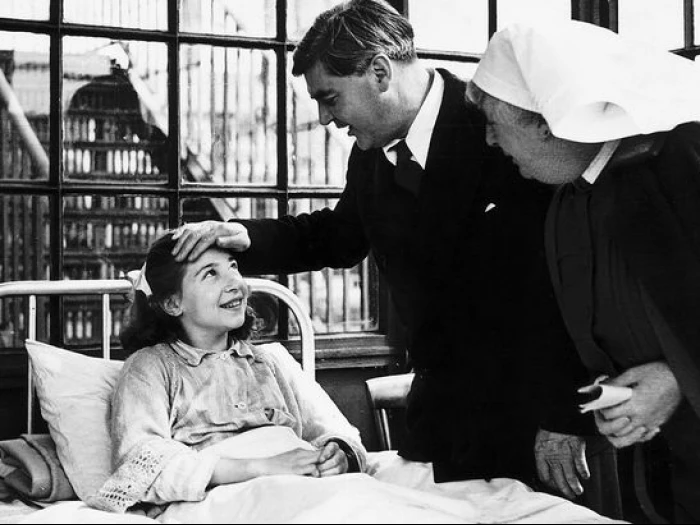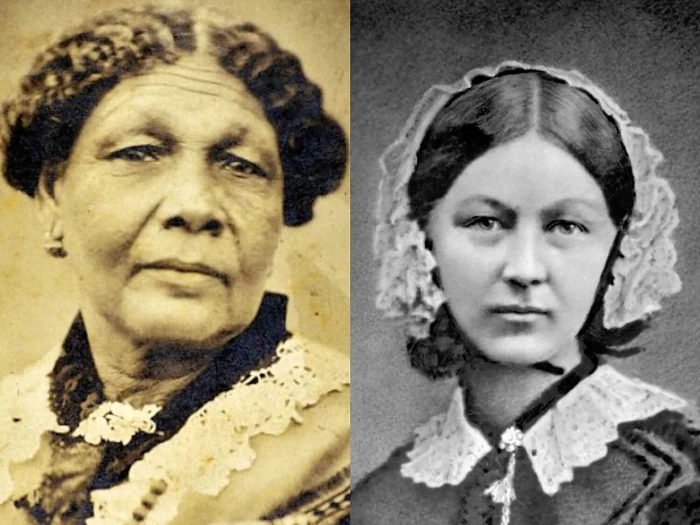
Anniversary of NHS – 5 July
The National Health Service came into being on 5 July 1948. During post-war reconstruction, improving the healthcare of the nation was seen as crucial to the nation's recovery. Beveridge, the architect of the NHS, identified "five giants" that had to be slain: want, disease, squalor, ignorance and idleness. The cataclysm of war provided the stimulus for radical reform. It was a momentous achievement and, in spite of early professional resistance to some of the proposals, it was born of a national consensus: everybody wanted the new service to work.
The NHS was based on principles unlike anything that had gone before. It was financed almost entirely from central taxation. That the rich paid more than the poor for comparable benefits was regarded as a crucial part of the scheme. Everyone was eligible for care, even people temporarily resident or visiting the country. People could be referred to any hospital, local or more distant. Care was free at the point of use, although prescription and dental charges were subsequently introduced.
During the current pandemic, there has been immense national and local support for the NHS and its front line workers. The emergence of the Thursday 'Clap for Carers' was a significant experience in the lockdown. Thanksgiving binds communities together, turning 'I' into 'we'. The contribution of carers and key workers who have given of themselves sacrificially needs to be honoured. Sharing stories of people and events during the crisis is likely to form the kernel of any community celebration. Unsung heroes need to be applauded.
Mary Seacole and Florence Nightingale
The seven critical-care Covid Hospitals have been named after Florence Nightingale, and a post-Covid rehabilitation facility named after Mary Seacole, both prominent figures in nursing history and role models in the NHS.
Mary Seacole
Was a pioneering nurse and heroine of the Crimean War, who as a woman of mixed race is today celebrated as an inspiration for the many BAME people who sustain our NHS. Born Mary Jane Grant in Kingston, Jamaica in 1805 to a Scottish soldier and Jamaican mother, Mary learned her nursing skills from her mother who kept a boarding house for invalid soldiers. She was an inveterate traveller, and before her marriage to Edwin Seacole in 1836 visited other parts of the Caribbean, as well as Central America and Britain. On these trips, she complemented her knowledge of traditional medicine with European medical ideas. In 1854 Mary approached the War Office, asking to be sent as an army nurse to the Crimea. She was refused, but undaunted, funded her own trip to the Crimea where she established the 'British Hotel' near Balaclava for sick and convalescent officers. She also visited the battlefield, sometimes under fire, to nurse the wounded, and became known as 'Mother Seacole'.
Florence Nightingale
Was born in 1820 into a wealthy family. In the face of their opposition, she insisted that she wished to train in nursing. In 1853, she finally achieved her wish and headed her own private nursing institute in London. Her efforts at improving conditions for the wounded during the Crimean War won her great acclaim and she devoted the rest of her life to reforming nursing care. Her school at St Thomas's Hospital became significant in helping to elevate nursing into a profession.
#Click here for Prayer Resources for the Anniversary Celebrations
Quick Links
Get In Touch
HAEBEA Office
St. Andrew's Methodist Church
The Stow, Harlow
CM20 3AF


